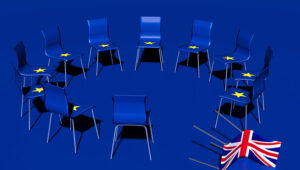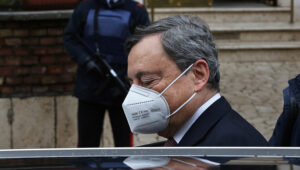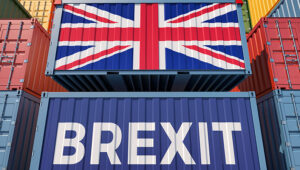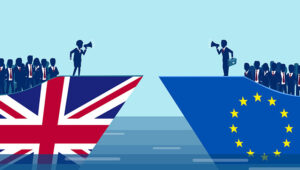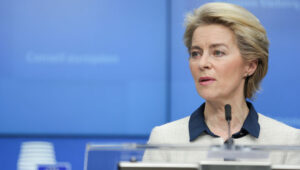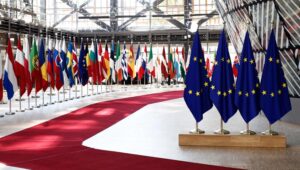Algeria Is a Reliable Gas Partner for Crisis-Facing Europe
Opportunity beckons for Algeria as Europe struggles to meet its urgent need for reliable gas supplies. However, much needs to change in the energy, financial and industry sectors for Algeria to realize its full potential as a major European gas...






